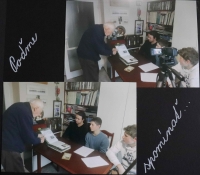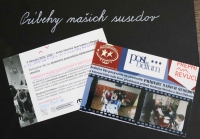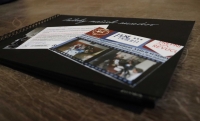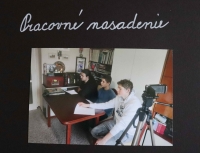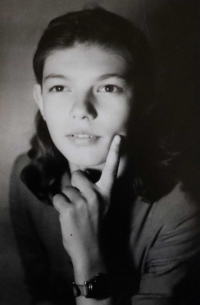Urob dobre človeku a on sa ti odvďačí

Download image
Ján Debnár was born on July 7, 1934 in the village of Jamník in Liptov region. He studied at the Secondary technical textile school in Ružomberok. As a child, he witnessed several events during the II. World War. He saw how the Jews were loaded into trucks near the Jamníček stream and killed by exhaust gas. He mentions the conquest of Liptovský Mikuláš by German soldiers and the liberation of Jamník and the surrounding villages. During his mandatory military service, he guarded the borders near the village of Cetvina. After the war, he got a job in a textile factory in Revúca, where he still lives today. He established a construction housing cooperative here and helped ensure the construction of the House of Culture in Revúca. After the fall of the totalitarian regime, he was active in municipal politics and was the vice-mayor of Revúca. Currently, he enjoys artistic declamation, his hobby since school days.
